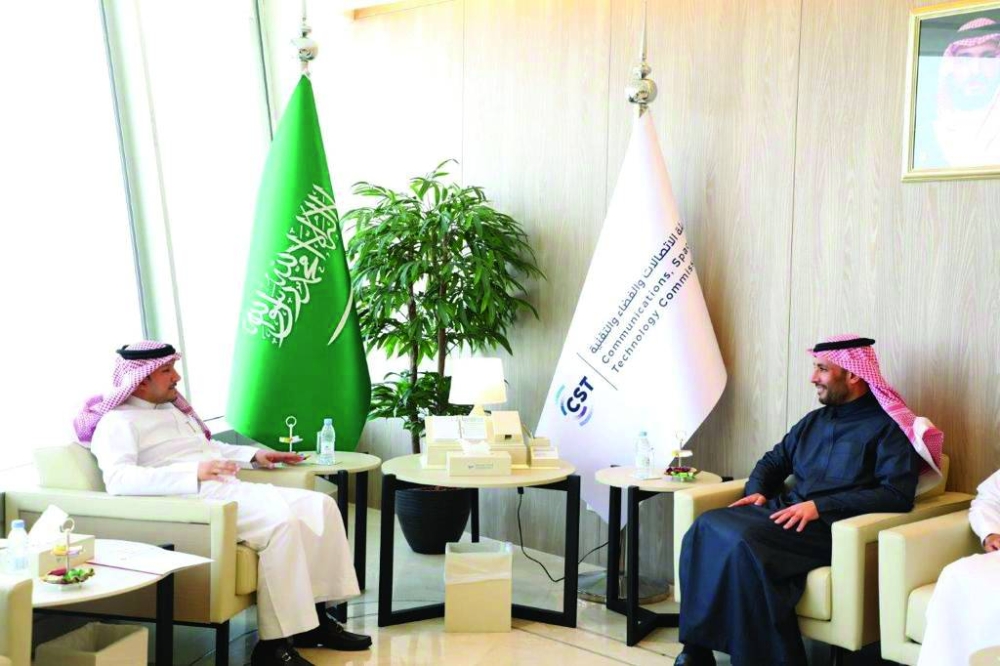The GCC Commercial Arbitration Centre is has ensured its unwavering dedication to aligning with cutting-edge technological advancements and global trends in all its international commercial arbitration endeavours.
This was according to Dr Kamal bin Abdullah al-Hamad, the centre’s secretary general, who underscored the importance of integrating state-of-the-art technologies, such as AI and data analysis, to elevate the efficiency and effectiveness of arbitration procedures.
Al-Hamad made the statement during a high-profile meeting with Dr Mohamed al-Tamimi, the governor and vice chairman of the Communications, Space and Technology Commission in Saudi Arabia.
The meeting explored avenues for robust collaboration, aiming to digitally empower the commercial arbitration industry by providing it with the latest digital tools and technologies. The objective is to ensure the industry stays at the forefront of technological progress and strategically employs modern approaches in arbitration practices, thereby optimising the resolution and management of commercial disputes.
Al-Hamad commended the pivotal role played by the Communications, Space, and Technology Commission in Saudi Arabia, lauding its effective regulation of the telecommunications, space, and technology sectors.
He acknowledged the commission’s instrumental role in facilitating digital transformation across diverse industries, delivering innovative digital services and technologies, and fostering investment in Saudi Arabia’s digital infrastructure to align with various sectors and national needs.
Emphasising the importance of bolstering collaboration between the centre and the commission, al-Hamad highlighted the need for joint efforts in research and development, as well as the exchange of experiences and knowledge.
The goal is to cultivate new digital tools and solutions that enhance the efficiency of commercial arbitration, promote justice and transparency in its operations, empower the business and investment environment, and raise awareness about the significance of alternative dispute resolution methods within the legal and commercial communities in the Gulf Cooperation Council (GCC) countries, he said.
During the meeting, al-Hamad revealed that the GCC Commercial Arbitration Centre is actively exploring the formulation of a strategy to embrace digital technologies. This includes adopting modern approaches such as software and electronic systems to streamline arbitration procedures.
The aim is to facilitate the submission of electronic documents and certificates by parties and arbitrators, conduct arbitration sessions online through video calls and voice chats, and leverage applications, data analysis, and Artificial Intelligence to generate precise and evidence-based reports. This, in turn, facilitates more informed and accurate decision-making processes.
Al-Hamad further stressed the centre’s commitment to enhancing data protection and cybersecurity in the field of commercial arbitration. Acknowledging the ongoing digital transformation, the centre is actively developing comprehensive plans, procedures, and policies to address potential cyber threats. The primary focus is to ensure the security of sensitive information related to arbitration cases and disputing parties, thereby safeguarding the integrity of the arbitration process.
Business
GCC Commercial Arbitration Centre eyes digitisation of services via cutting-edge technologies

Dr Kamal bin Abdullah al-Hamad, GCC Commercial Arbitration Centre secretary general, and Dr Mohamed al-Tamimi, the governor and vice chairman of the Communications, Space and Technology Commission in Saudi Arabia, during a recent meeting.
